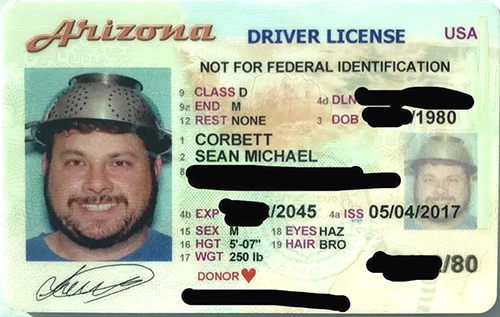

Evangelical Christian groups are at the forefront of trying to ban abortion because—well, we're not sure because the staff theologian is on vacation. Today is the summer solstice, after all. But we guess it must be because Jesus spent his whole ministry talking about how evil abortion is. At least, when he wasn't walking on water or healing lepers. Now it turns out that other religions are chiming in and have rather different views on the matter.
In Indiana, for example, Jewish, Muslim, and some other religious plaintiffs have sued the state over its near-total ban on abortions. Their argument is that the ban violates their religious freedom, which is guaranteed by the Religious Freedom Restoration Act, signed by then-governor Mike Pence in 2015. The case has gained class action status, which means that a win would make it apply to anyone in the state whose religious beliefs are restricted by the ban. Oral arguments are expected by the fall.
The key issue here is when life begins. The Indiana law says that life begins at conception and an abortion ban thus protects the life of the zygote as a living person. However, the view that life begins at conception is a strictly Christian view—and not one supported by all Christian denominations, at that. Jews believe that life begins when the baby takes its first breath. Most Muslims believe that life begins 120 days after conception, when ensoulment occurs. Some Hindu texts, like the Bhagavad Gita, argue that the soul is neither born nor dies, so conception is not a special moment. Consequently, the plaintiffs in the Indiana and other cases are arguing that writing a belief held by some Christians (and not even all) into state law violates the First Amendment's ban on establishing a state religion.
Rabbi James Bennett, one of the plaintiffs in a Missouri lawsuit, said of the state legislators: "They're entitled to their interpretation of when life begins, but they're not entitled to have the exclusive one." In Kentucky, three Jewish women filed a lawsuit saying that Kentucky's near-total ban on abortion is preventing them from pursuing pregnancy through in-vitro fertilization. The procedure often requires discarding fertilized eggs, which is illegal under current Kentucky law. Lisa Berlow, the lead plaintiff in that case, said: "To have someone else's religious belief that an embryo is a human being imposed on me in a way that's so personal, that prevents me from growing my family, is just rude and un-American."
In Florida, clergy for Reform Judaism, Buddhism, the Episcopal Church and the Unitarian Universalist Church filed a lawsuit asking the court to overturn Florida's abortion law, or at the very least to secure exemptions for their members. Of course, if their members get an exemption, any woman who wants an abortion could suddenly convert to one of the religions that has an exemption, making the ban meaningless. "Why yes, I am a Zen Buddhist. I have often pondered what the sound of one hand clapping is."
Even the Satanic Temple is challenging abortion bans in Texas, Idaho, and Indiana. Is this a religion? The courts don't like to say what is a religion and what is not. Do we need some rule about having 1% of the country signing up and having 40,000 dues-paying members to make some group a religion? There have been numerous court and other cases around the world about whether the Church of the Flying Spaghetti Monster is a religion and thus whether its adherents are allowed to wear their religious headgear (a colander) in official photos like this:

Some of these cases are likely to make it to the Supreme Court, which has expressed great deference to the religious views of people involved in cases before the Court. But in nearly all the cases, it has been the rights of evangelical Christians at stake. There isn't much of a track record of what the Court will do when the litigants are not evangelical Christians and are claiming that some law is preventing them from exercising their religion. (V)